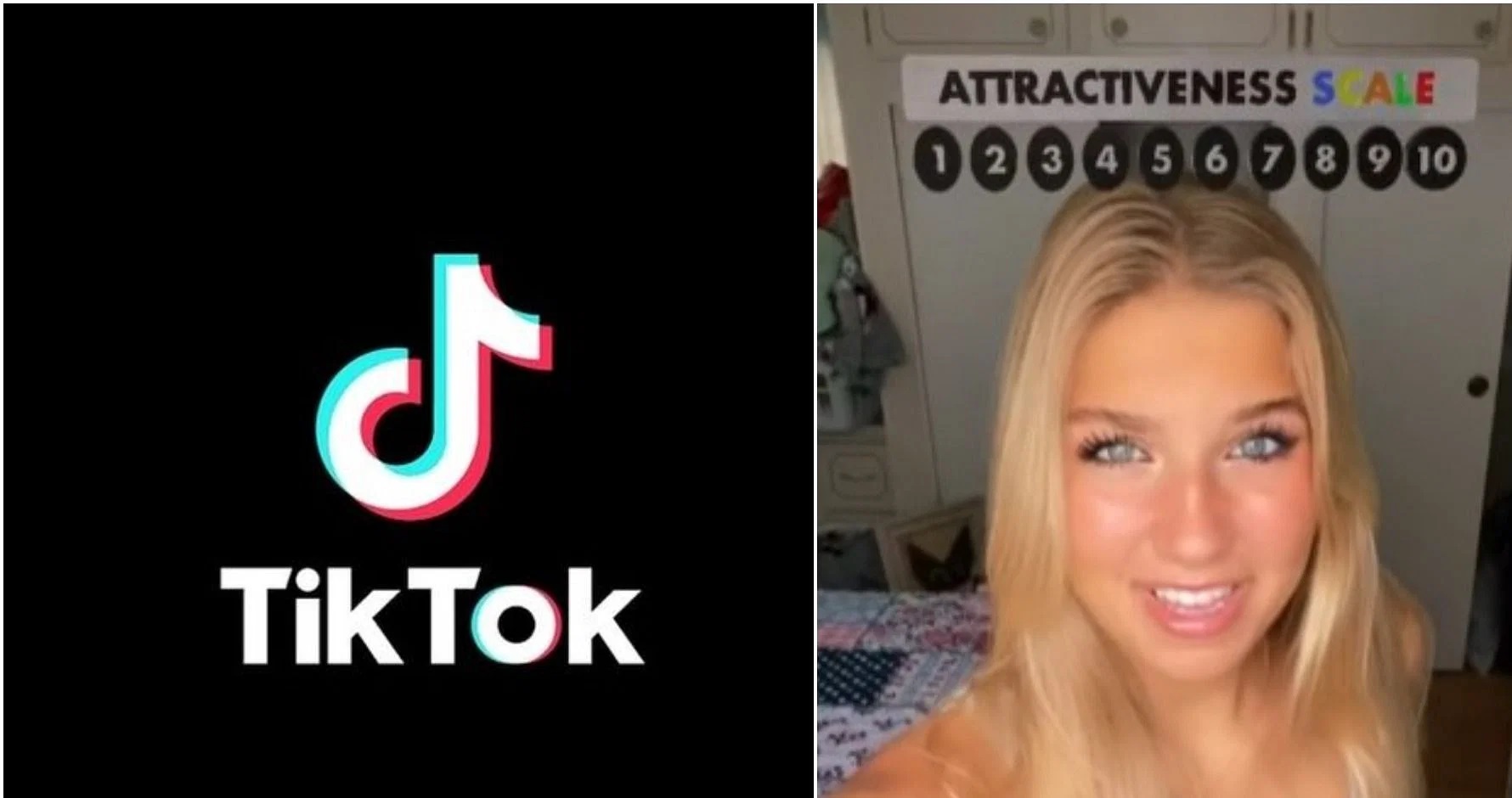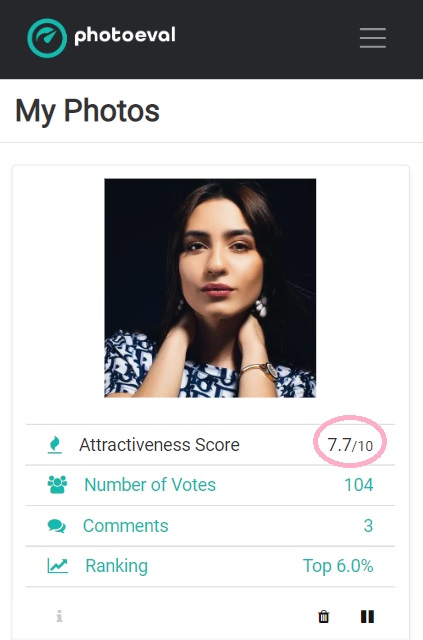TikTok Attractiveness Scale: AI vs Human Feedback
February 27, 2024 by Photoeval
Source: socialtelecast
Introduction
TikTok is a popular social media platform known for its viral videos, dance challenges, and lip-sync performances. However, there is another trend that has recently caught the attention of the public - the "tiktok attractiveness scale" challenge. In this challenge, users upload a photo or video of themselves, and an AI algorithm assigns a score based on their appearance. While this may seem like harmless fun, it raises serious concerns about the limitations and dangers of AI-based beauty standards.
The Limitations of AI-based Attractiveness Scales
The problem with AI-based attractiveness scale is that they rely solely on physical attributes, such as:
- facial symmetry,
- skin tone,
- body shape
to evaluate a person's beauty. This narrow definition of beauty ignores the more important aspects of a person's looks, such as their:
- personality,
- humor,
- intelligence,
- kindness,
- etc.
AI algorithms can perpetuate harmful stereotypes and biases based on race, gender, and body type according to a 2020 study called Racial Discrimination in Face Recognition Technology. Research has also shown that AI algorithms are often trained on biased data, leading to unfair assessments of people's appearance and perpetuating harmful stereotypes about what is considered attractive. This can lead to damaging consequences for those who are unfairly ranked lower on the scale and may harm their self-esteem and body image.
The Benefits of Human Feedback-based Alternatives
A better alternative to the TikTok Attractiveness Scale is "photoeval," which is a platform that uses human feedback to evaluate a person's attractiveness. Unlike tiktok, on photoeval individual preferences are taken into account. The same profile picture can be rated high by some and low by others. There are of course objective beauty standards, but the same person may be attractive to some and not to others. It is this subjectivity that is taken into account by the attractiveness rating sites based on human ratings.
Human feedback allows for a more nuanced and individualized assessment of a person's beauty. No two people are the same, and a human-based approach allows for a more personalized and unique representation of beauty. Furthermore, by relying on human feedback, photoeval may help to eliminate the biases and stereotypes that can be perpetuated by AI algorithms.

The Importance of Challenging Beauty Standards
It is important to challenge and re-evaluate our beauty standards in order to create a more inclusive and positive representation of beauty. By embracing a more human-based approach to beauty evaluation, such as that offered by photoeval, we can break away from harmful and limiting AI-based beauty standards and create a more positive and empowering representation of beauty for everyone.
Moreover, it is essential to remember that beauty is not just about physical appearance, but also encompasses a person's unique qualities, such as their personality, humor, intelligence, and kindness.
Conclusion
In conclusion, the TikTok Attractiveness Scale and other AI-based beauty standards are limited in their ability to accurately assess a person's true beauty and can perpetuate harmful stereotypes and biases. It is important to challenge these beauty standards and embrace a more human-based approach, such as that offered by photoeval, which takes into account individual preferences and the subjective aspect of beauty.